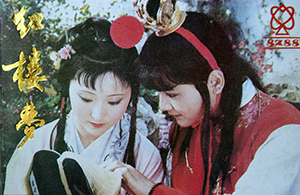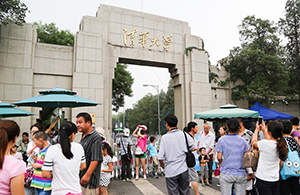A fitting response to the vaccine scandal
(China Daily) Updated: 2016-04-26 07:36
 |
|
A Chinese medical worker prepares to vaccinate a young kid at a hospital in Shanghai, China, March 20, 2016. [Photo/IC] |
Editor's note: After an investigation into the vaccine scandal in Shandong province, the State Council, China's Cabinet, held a meeting on April 13 and decided to punish hundreds of government employees, and pass a regulation aimed at strengthening vaccine management. The punishments meted out to government employees included dismissals and demotions. Following are some media reports in response to the decision:
guancha.gmw.cn:
Thanks to the vaccine scandal, people are wondering how the country can have a bright future if even the safety and authenticity of vaccines, especially those meant for children, cannot be guaranteed. Despite the generally safe, reliable and credible use of vaccines in China, the scandal in Shandong has exposed the loopholes in the vaccine management system.
The investigation has revealed the lack of effective supervision, failure to discover and punish those responsible for illegal activities, dereliction of duty by officials and the absence of a sound mechanism against risks led to the distribution of expired and substandard vaccines. Had relevant departments fulfilled their duties and accorded the highest priority to people's health, they would have been able to prevent the scandal.
The regulation passed by the State Council, which is aimed at strengthening the vaccine distribution management, setting up a "from-production-to-use" traceability system and improving the punitive and accountability mechanism, is expected to help establish a long-term vaccine safety management regime to protect public health.
- Stronger vaccine supervision to help restore confidence
- Tough steps taken on vaccine control
- China punishes 357 officials over vaccine scandal
- Vaccine regulations must be strictly enforced
- Vaccine scare-mongering risks epidemics
- Chinese drug regulator vows to fix vaccine distribution loopholes
- Stars call for thorough investigation into vaccine scandal

I’ve lived in China for quite a considerable time including my graduate school years, travelled and worked in a few cities and still choose my destination taking into consideration the density of smog or PM2.5 particulate matter in the region.











